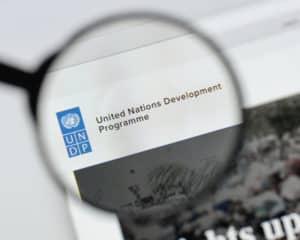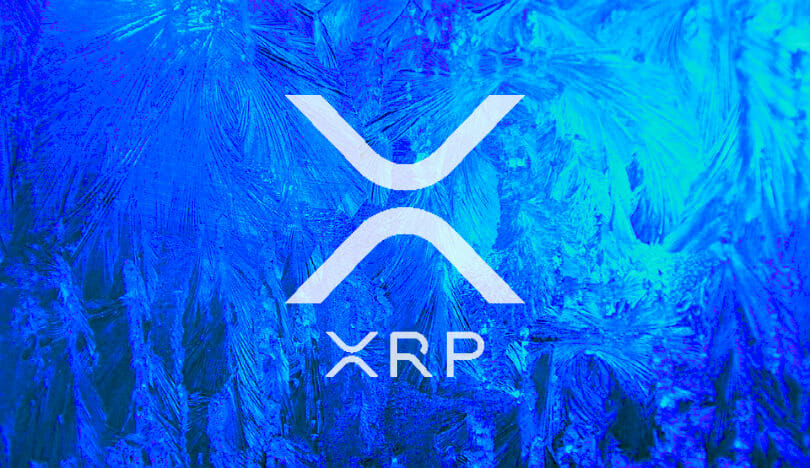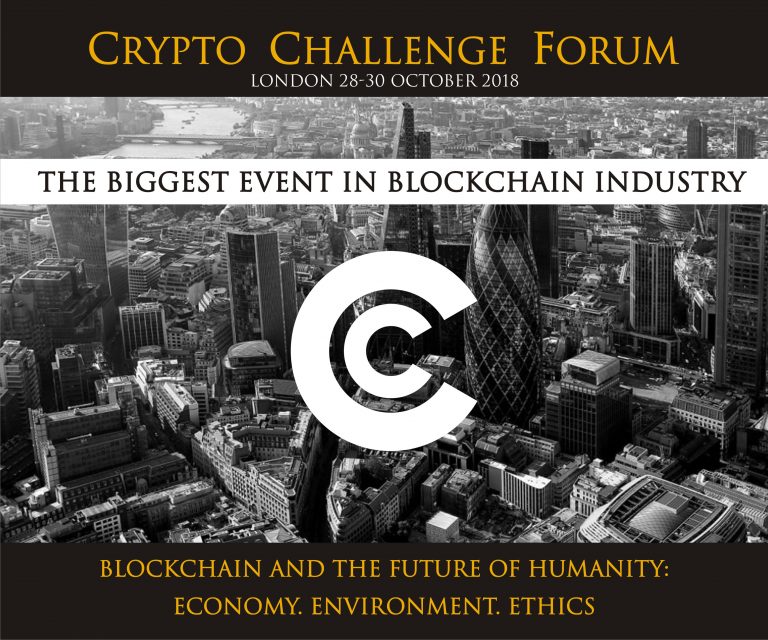2018-10-2 20:17 |
The future of blockchain technology and global regulation of digital assets took center stage on the the first day of Swell 2018.
Honorable Sunil Sabharwal, former alternate executive director of the International Monetary Fund (IMF), offered thoughts on the opportunities for broader global regulation for blockchain digital assets.
“In cross-border payments, business-to-business payments is about $150 trillion dollars,” explained Sabharwal to the audience. “Remittances — that’s about $240 billion in revenue. Remittances, mostly person-to-person payments by migrants, is about $500-600 billion a year.”
Sabharwal explained that despite this opportunity, the high costs of doing business deeply impacted correspondent banking and led to an exodus out of many countries that were deemed to be high risk.
“The cost of doing business in these countries became very expensive,” said Sabharwal. “The regulatory costs, compliance costs and the corresponding fines or risks associated with that.”
The idea that new technology like blockchain could help solve a host of problems for both financial institutions and regulators was one also shared by representatives from central banks that appeared on stage later in the day.
Marcelo Yared, the CIO of Banco Central do Brasil explained that the bank saw the technology as way to improve payments.
“Blockchain and distributed ledger technology (DLT) is a kind of tool for us to solve things,” said Yared. “We’ve seen good things with blockchain and DLT in knowing our customers and in exchanging information inside the Brazilian financial system, and we’re seeing good things in cross-border payments.”
Mohsen Alzahrani of the Saudi Arabian Monetary Authority further echoed this sentiment. Alzahrani explained that the bank even tested a proof of concept in using central bank issued digital currency for removing friction from a cross-border payments.
“We saw it could bring more efficiency to cross-border payments”, said Alzahrani. “Using a settlement coin, a kind of currency that can settle between two different fiat currencies is our idea of exploring the technology.”
Broadly, the consensus was that the technology was a net benefit to central banks who were examining its application. Andrew McCormack of Payments Canada said, “We see a lot of promise in the technology, and its almost like it is maturing. The technology is no longer the question mark.”
While promise in blockchain something banks and regulators generally agree on, a global consensus for a regulatory framework is still not there. Honorable Sunil Sabharwal of the IMF provided some more detail about the roadblocks in his session.
“The challenge is global cooperation,” Sabharwal said. “First the companies need to cooperate, and there are geopolitical issues in getting countries to come together and share their approaches to cyber threats, as it relates to cryptocurrency. The second is a lack of training.”
Sabharwal went on to explain that many central banks lack serious anti-money laundering training, an issue being addressed currently by the IMF.
As day two of Swell 2018 begins, we can expect this conversation to continue. Several sessions will also spotlight the future of global commerce, new research on the adoption of blockchain technology and how Ripple’s customers are using blockchain technology and digital assets to improve cross-border payments products and services for millions of people worldwide.
For a recap on day one, check out posts highlighting remarks by CEO Brad Garlinghouse on how we can work together to enable the Internet of Value; news that xRapid is commercially available; and Ed Metzger on Banco Santander’s vision for its blockchain-powered mobile app One Pay FX.
To watch the latest coverage of Swell 2018, visit Insights and follow along on Twitter, LinkedIn or Facebook through Wednesday, October 3. Video recaps of sessions will also be available on our Youtube channel.
The post Global Regulatory Policies Took Center Stage On Day One of Swell 2018 appeared first on Ripple.
origin »Bitcoin price in Telegram @btc_price_every_hour
Global Currency Reserve (GCR) íà Currencies.ru
|
|

























